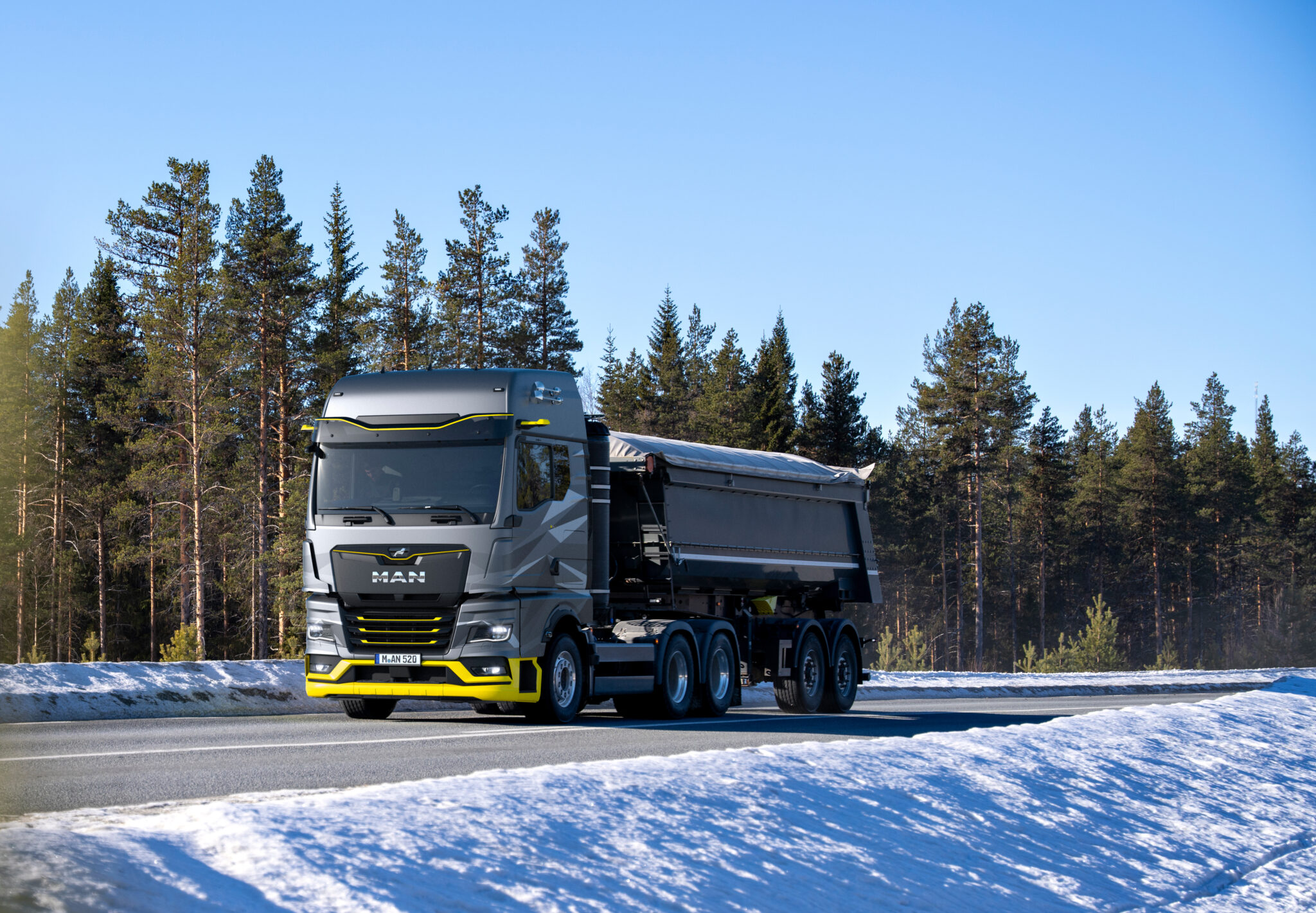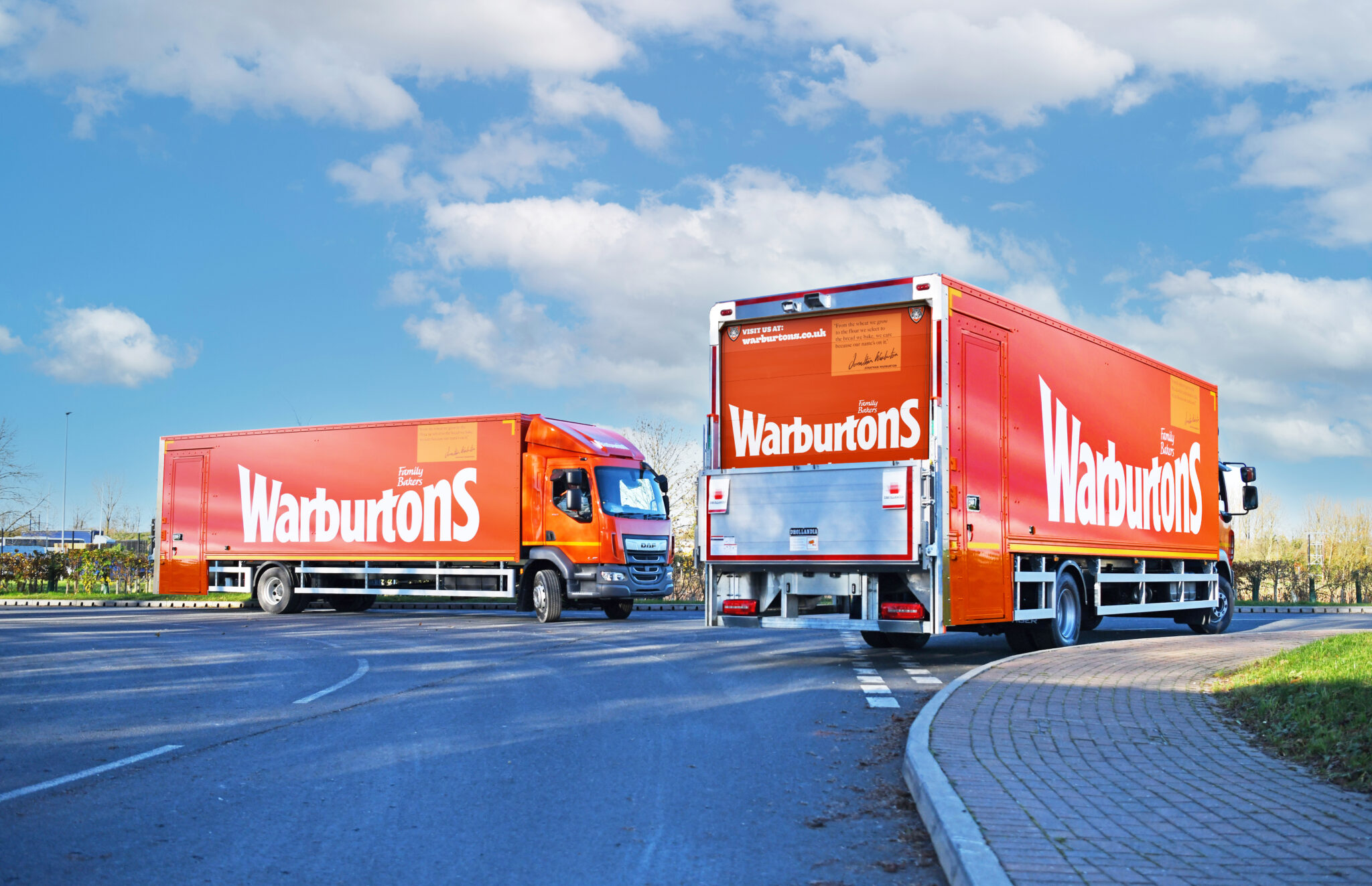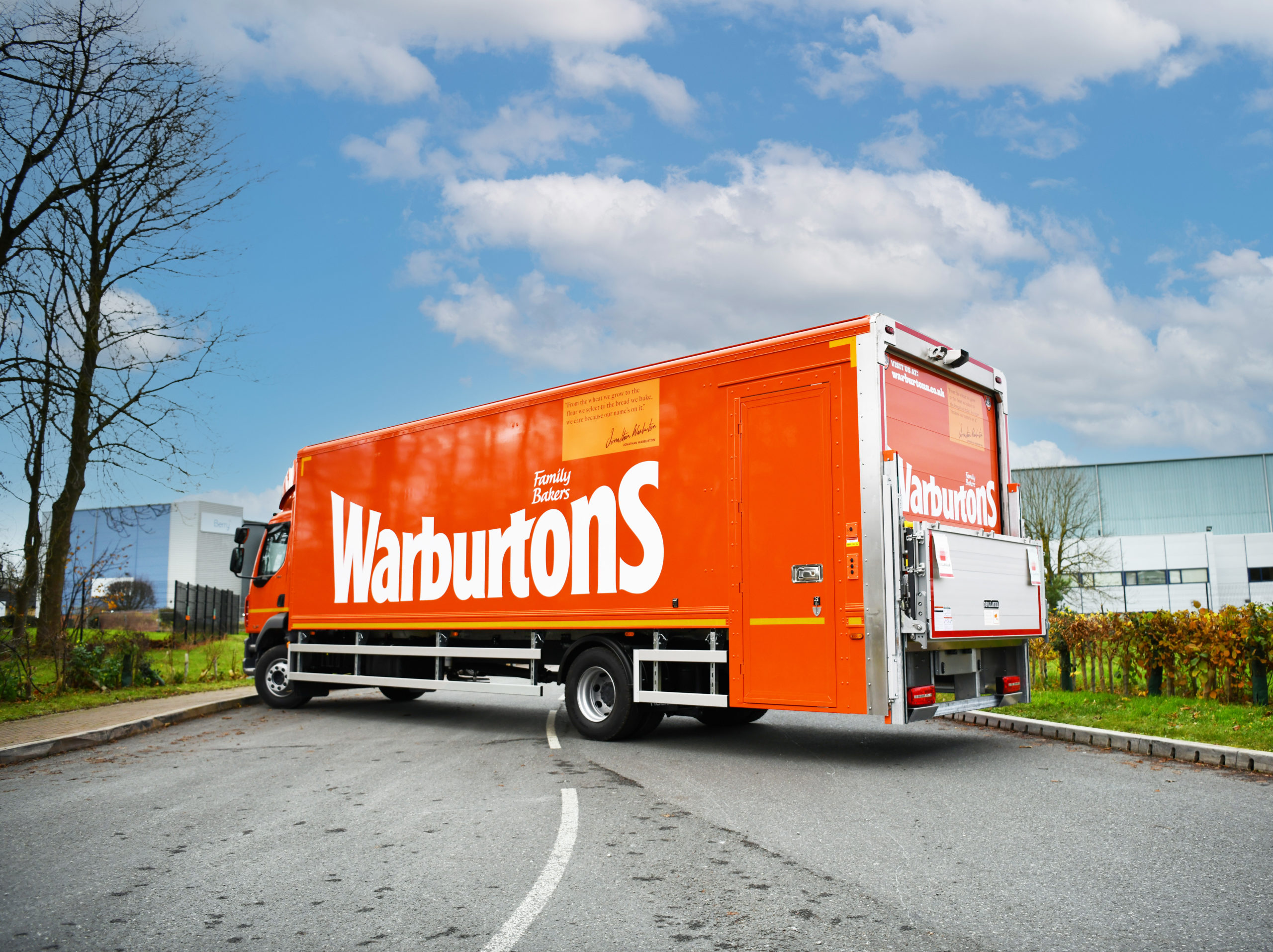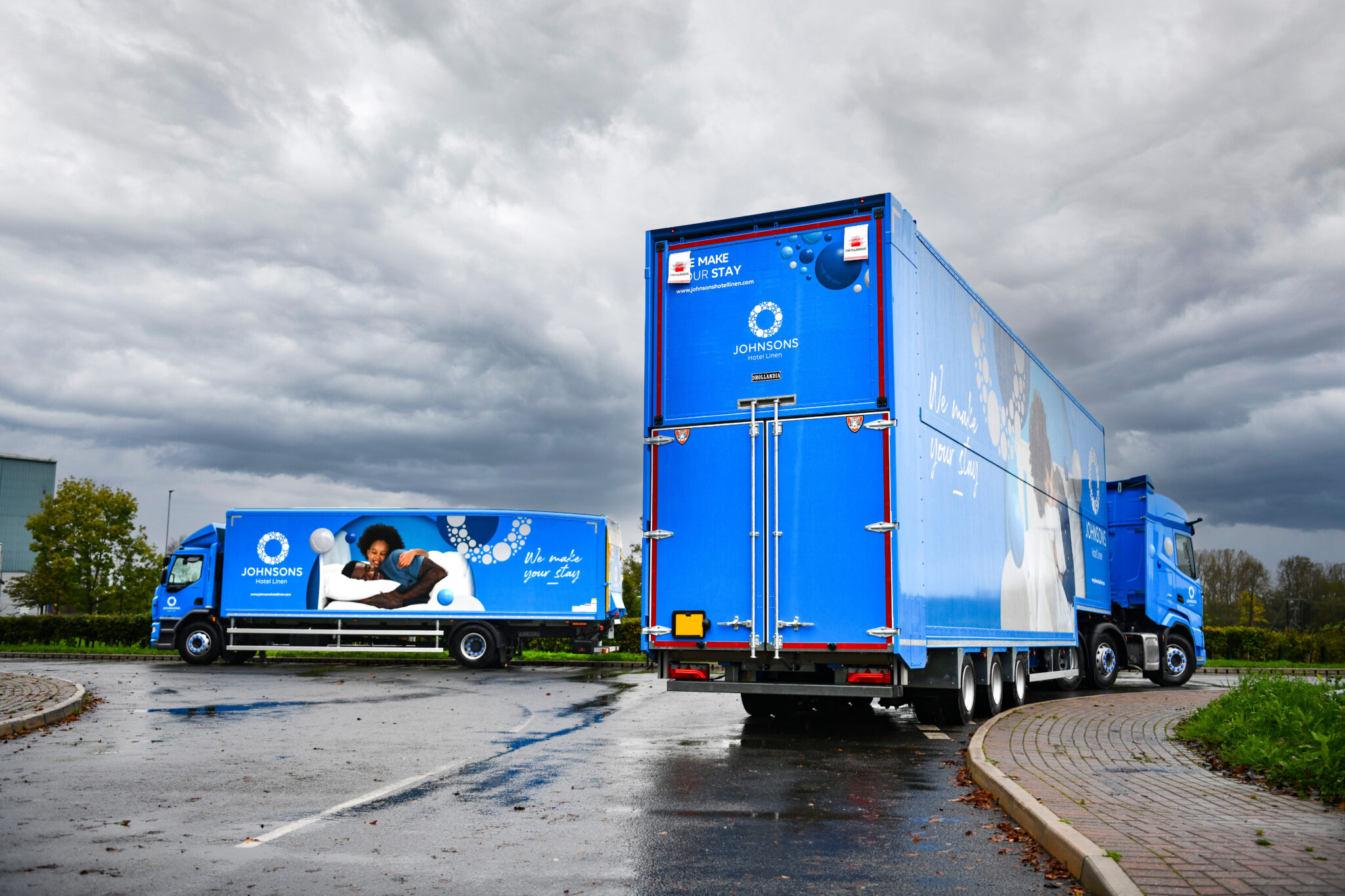Heavy Goods Vehicles are well-suited to the use of hydrogen for carbon-free transport fleets and good progress is being made. Richard Shepherd-Barron reports for Logistics Business.
In recent years the emphasis on clean power has been very much concentrated on electric vehicles – especially in the light van and medium vehicle sectors. However, there are drawbacks, such as the reduction in load capacity with an increase in the unladen weight from the batteries and the reduction in operating mileage with the need to recharge. Truck makers across the world have been working on the development of hydrogen-powered vehicles and with a particular emphasis on larger trucks although it has been interesting to see that four makers of light commercial vehicles introduced new hydrogen-powered models at the recent IAA Transportation show in Hannover. This has provided a clear indication of the appeal of this technology.
All this activity has not gone unnoticed in EU circles and an additional €1.2 billion fund has just been announced by the European Commission to support the production of renewable fuels of non-biological origin (RFNBO). At the same time, MAN Energy Solutions subsidiary company, electrolysis specialist Quest One, has opened a new ‘giga hub’ for the serial and automated production of electrolysis stacks in Hamburg. At full capacity this new factory is expected to produce stacks with a potential total electrolysis capacity of over five gigawatts per year. The UK is not lagging behind, with the Government announcing in October an £88 million finding boost for zero emission tech firms.
There are two ways to produce hydrogen. Firstly, by cracking fossil fuels – this is called ‘grey’ hydrogen because CO2 is always released when fossil fuels are processed. A second, and much cleaner way to create hydrogen is through electrolysis – when electricity generated from renewable sources is passed through water to create oxygen and hydrogen for a 100% carbon-free product. Used in vehicle engines, this produces only water as its emission.
There are two types of hydrogen-powered vehicle – one using hydrogen fuel-cells to generate electricity to drive electric propulsion and the other where hydrogen replaces diesel fuel in a conventional engine. Both systems require tanks for the hydrogen. The fuel-cell units are, of course, totally silent but the combustion engines have an advantage in hot climates and where power is needed over long periods.
Alternative Zero Emissions
MAN have won the Truck Innovation Award 2025 for their hTGX hydrogen combustion truck (pictured) offering an alternative zero-emission solution. Delivery of the first 200 units starts next year to customers in Germany, the Netherlands, Norway, Iceland and selected non-European countries providing an alternative zero-emission solution. Using the proven H45 engine, it is available in 6×2 and 6×4 axle configurations, enabling a high payload and with maximum ranges of up to 600 kms.
Volvo are also working on hydrogen fuelled trucks, but Toyota have gone further by carrying out trials in Belgium with a new hydrogen fuel-cell powered delivery truck for Coca Cola. This trial is in conjunction with the i gases company, Air Liquide. This collaboration is designed to highlight the potential development of both vehicles and infrastructure to provide operators with zero-emission vehicles. Toyota are also testing this system in trucks used by their logistics providers on their daily routes in Belgium, France and the Netherlands. Mercedes-Benz have their GenH2 truck which has a range of more than 1,000 km, carrying the same payload as a conventional diesel vehicle.
In the UK, Hydrogen Vehicle systems (HVS) has signed a deal to deliver 30 of its hydrogen fuel cell electric tractor units to Worksop-based Explore Plant and Transport Solutions. The trucks will be supported by a service and maintenance plan, full training on the safe use of hydrogen and refuelling, along with hydrogen refuelling infrastructure that fully meets Explore’s operational needs. Vauxhall is beginning customer trials of hydrogen fuel cell vans, based on their current Vivaro Electric range.
Providing an alternative to battery-electric vehicles, particularly at the heavy end of operations, the future looks strong for hydrogen power.
similar news












